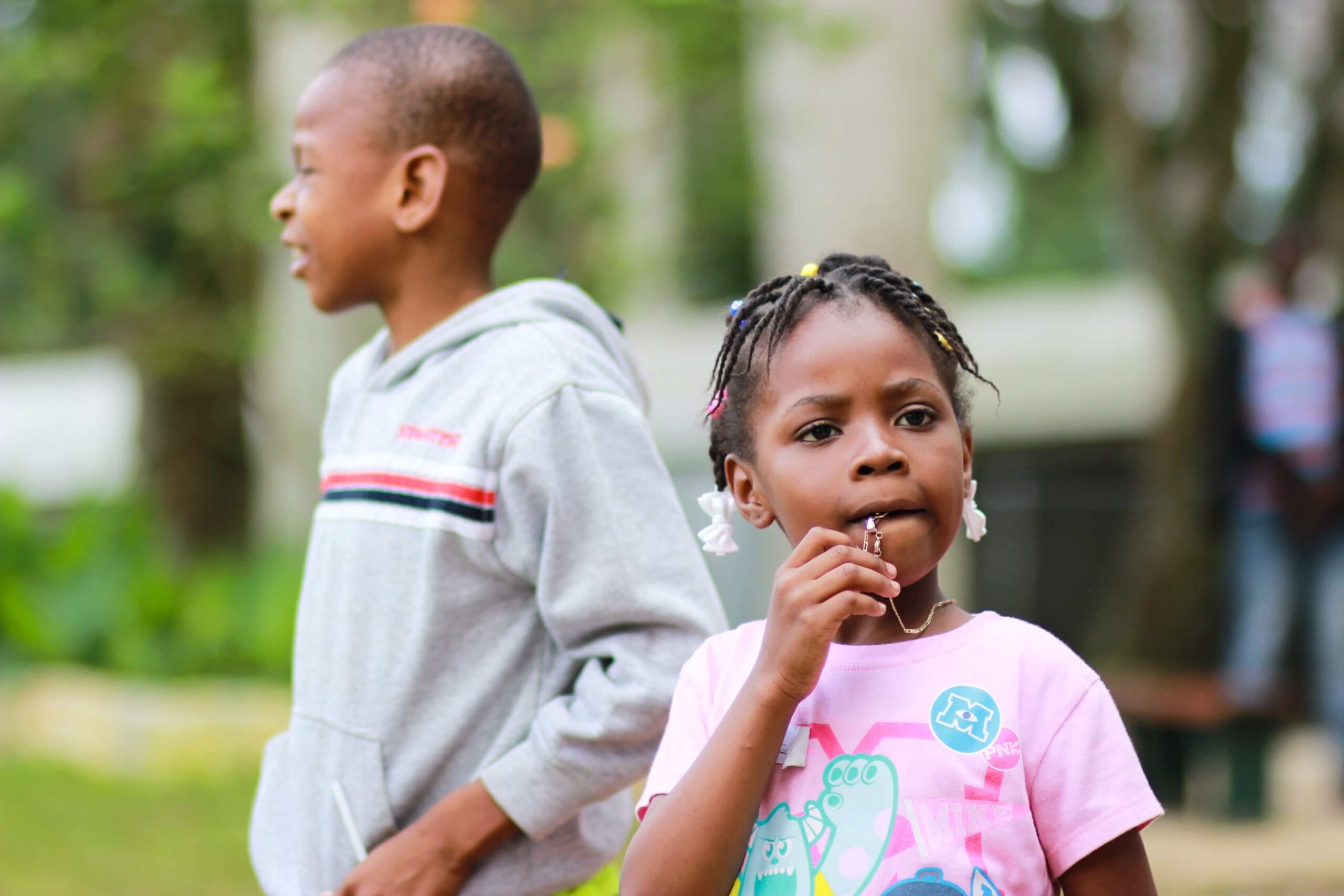Promote Gentle Behavior: Prevent Aggression
- Dr Owais Rafiq
- September 28, 2023
- 8:51 pm

Promoting positive behavior and preventing aggression in young children is crucial for their social, emotional, and cognitive development. The first step in achieving this is to create a safe, nurturing, and supportive environment that fosters positive relationships and interactions. This can be achieved through effective communication, active listening, and modeling appropriate behavior. It is also important to establish clear expectations and boundaries that are consistent and age appropriate.
To promote positive behavior, parents and caregivers can provide children with praise and positive reinforcement for good behavior. This can be in the form of verbal encouragement, rewards, or recognition. Positive reinforcement helps children to understand the behavior that is expected of them and motivates them to repeat it. It is also important to provide children with opportunities to make choices and express their emotions safely and respectfully.
To prevent aggression, parents and caregivers can teach children appropriate ways to express their feelings and resolve conflicts. This can be done through role-playing, problem-solving, and conflict-resolution strategies. Children should be taught to use words to express their emotions rather than resorting to physical aggression. Parents and caregivers should also monitor media exposure and limit access to violent or aggressive content.
In conclusion, promoting positive behavior and preventing aggression in young children requires a combination of strategies that create a positive and supportive environment, establish clear expectations and boundaries, provide positive reinforcement, and teach appropriate communication and conflict resolution skills. By fostering these skills and behaviors, children can develop the social and emotional competence they need to succeed in life.
Dr Owais Rafiq
Subscribe to Dr Owais YouTube channel
For parenting advice, child health, symptoms, causes and treatment of illness in children.





